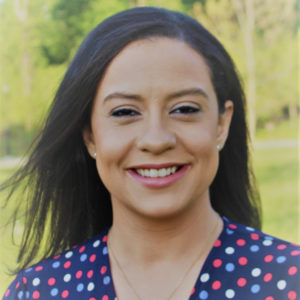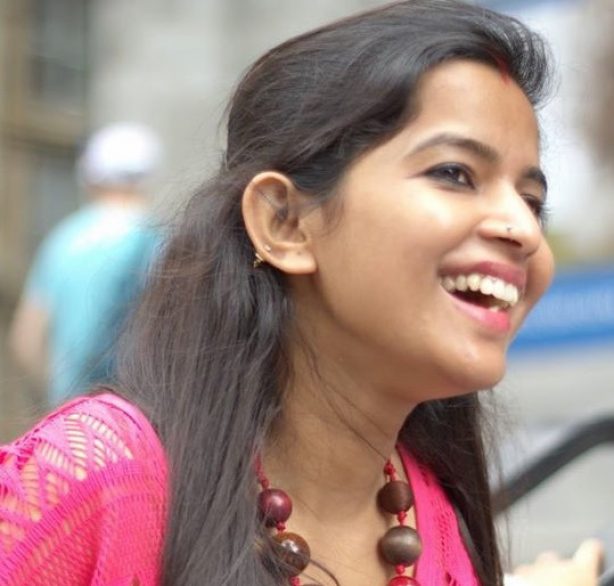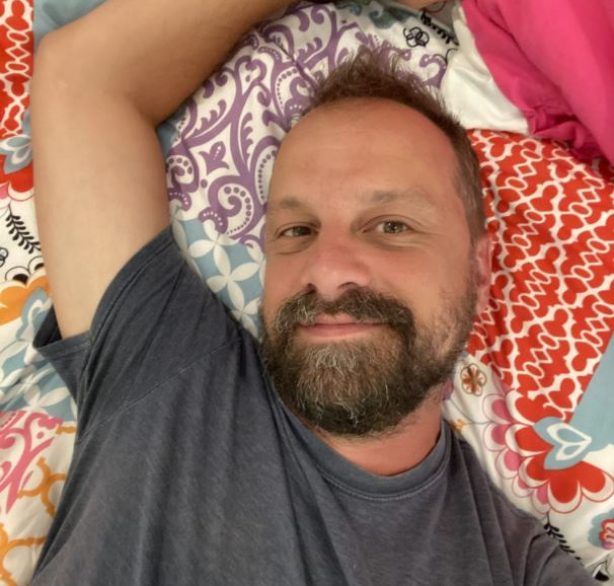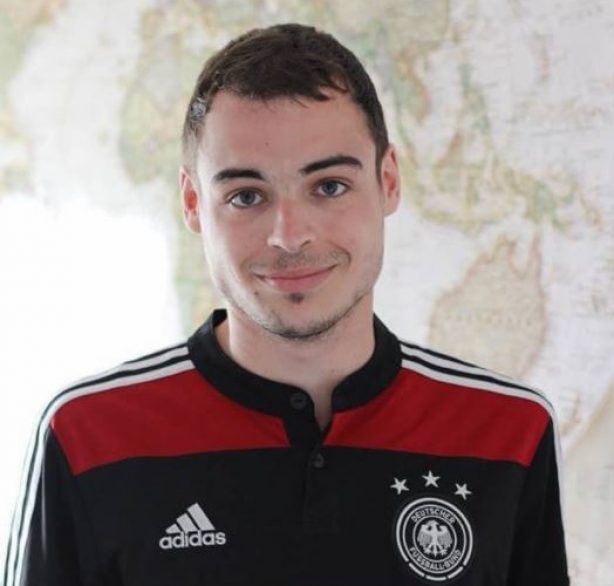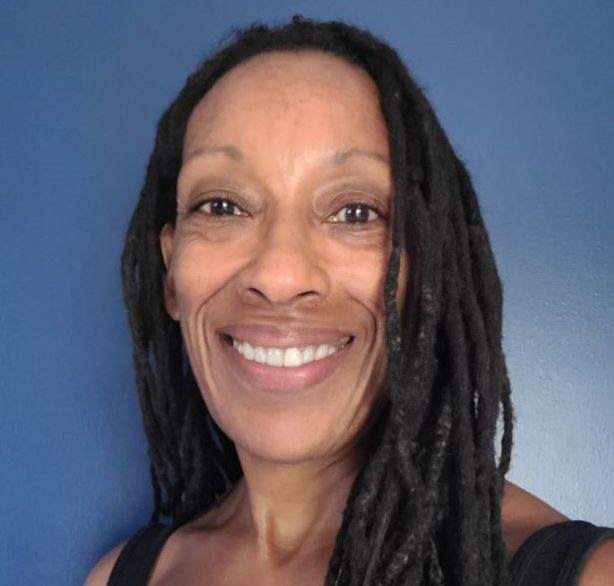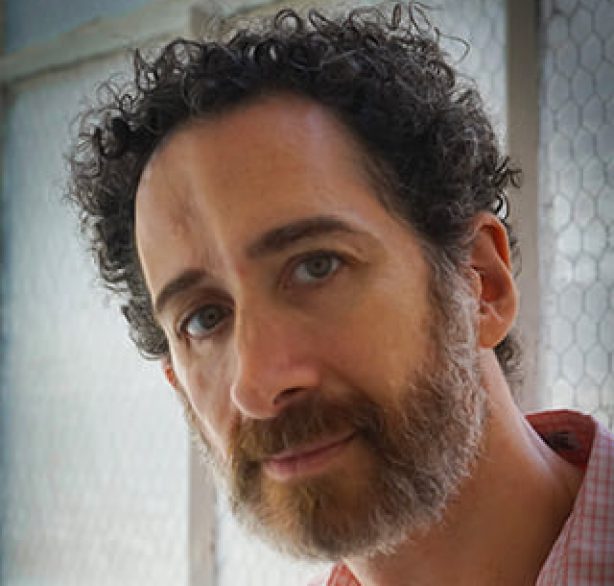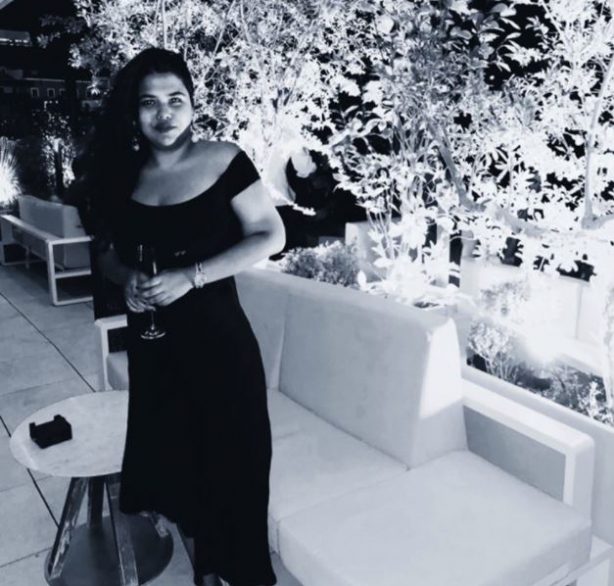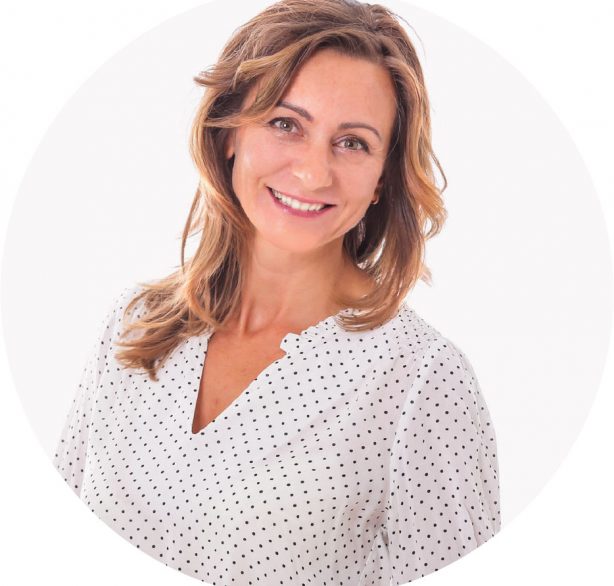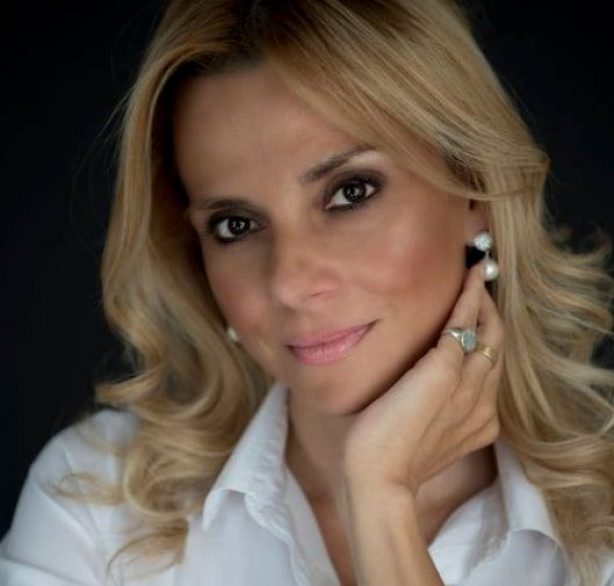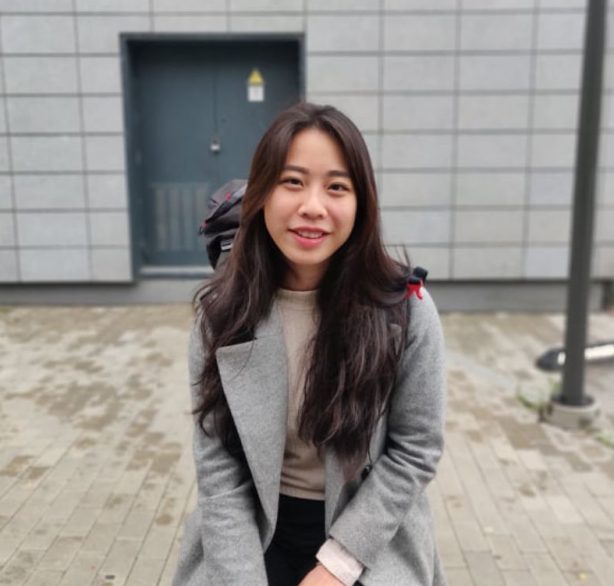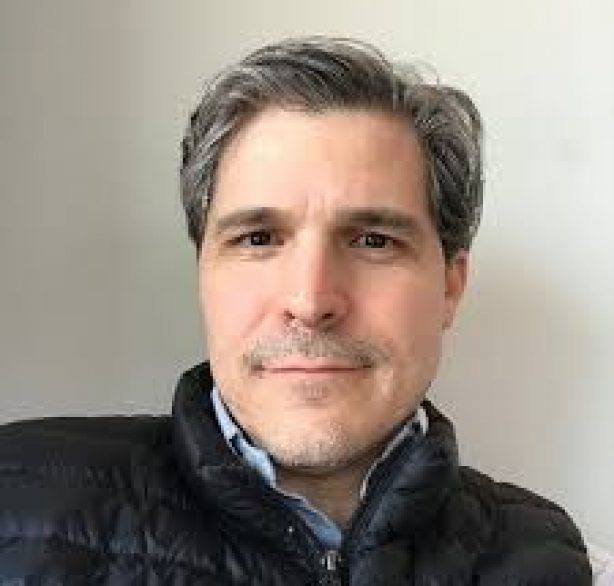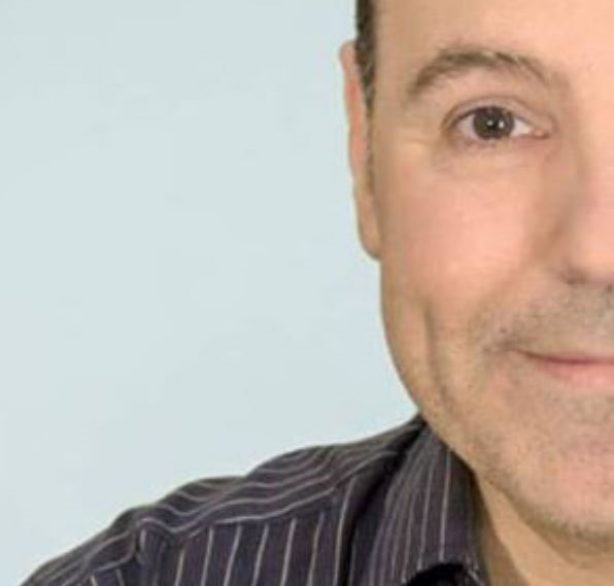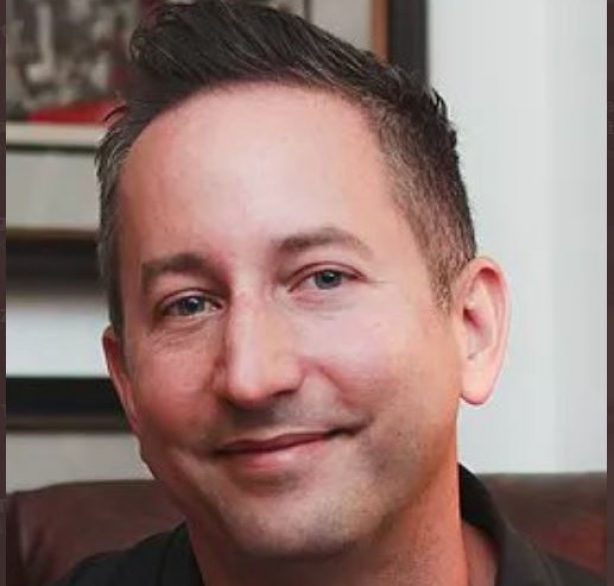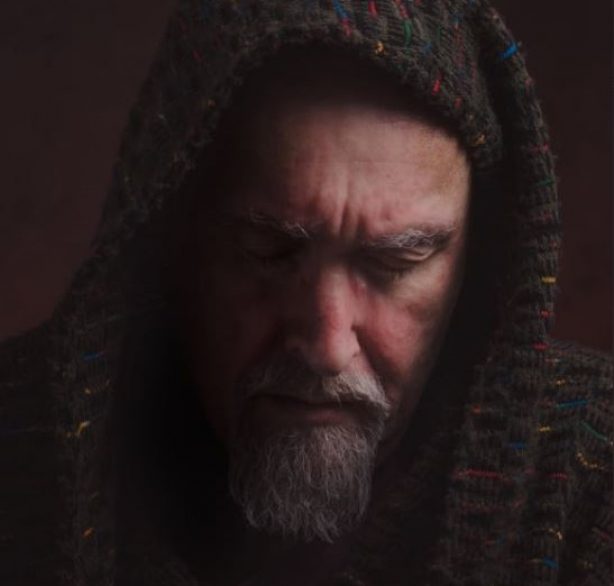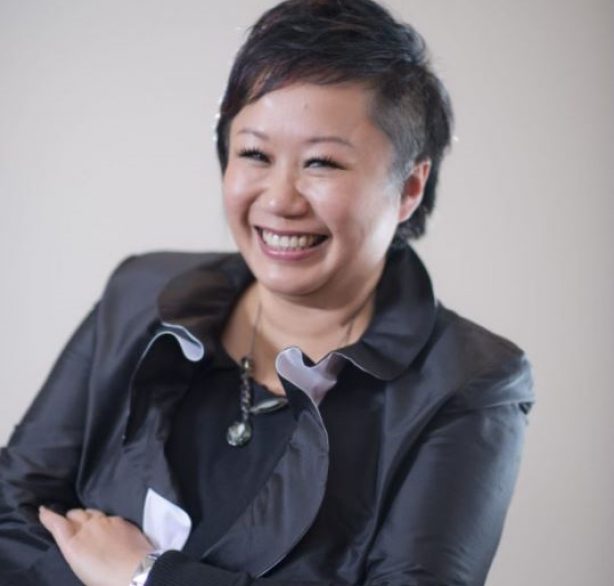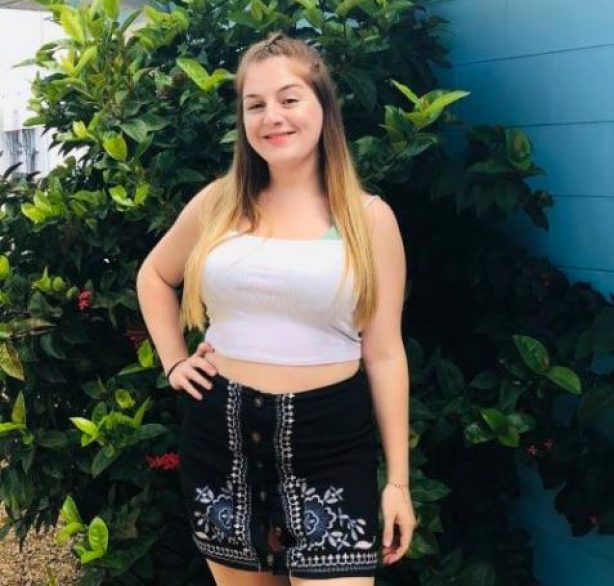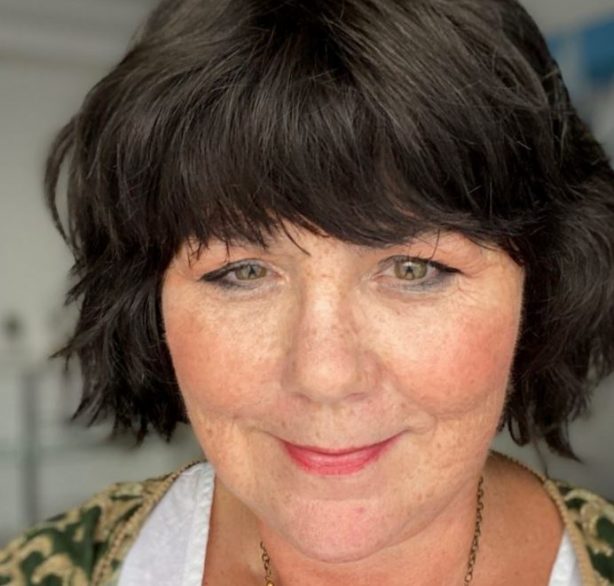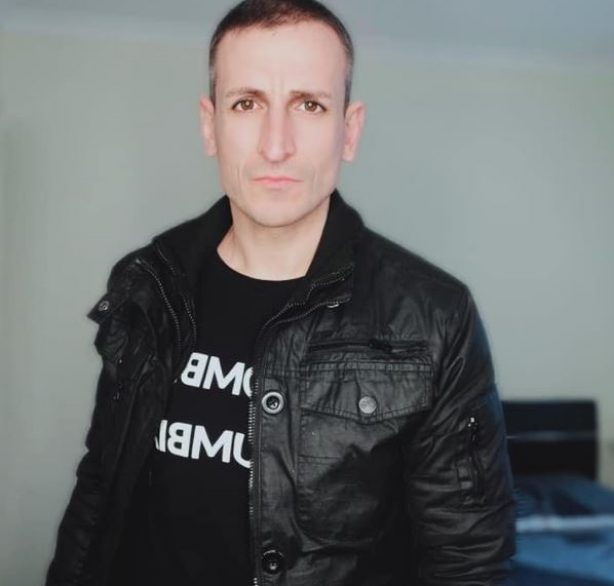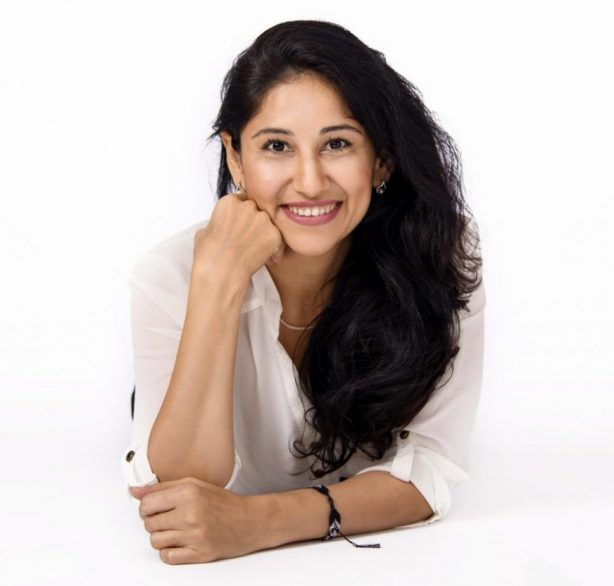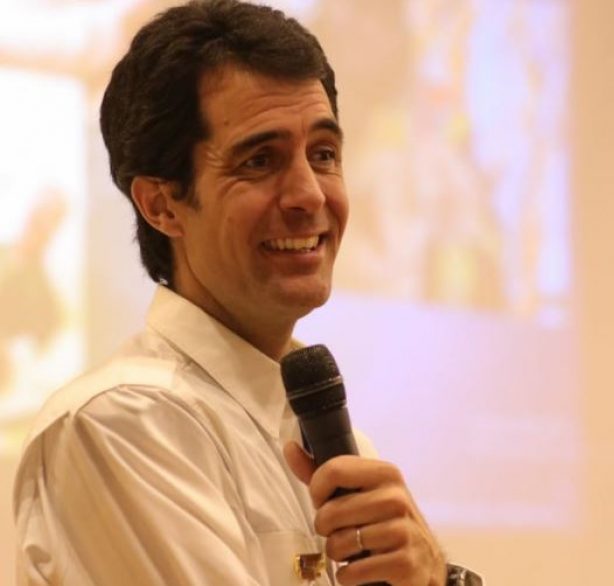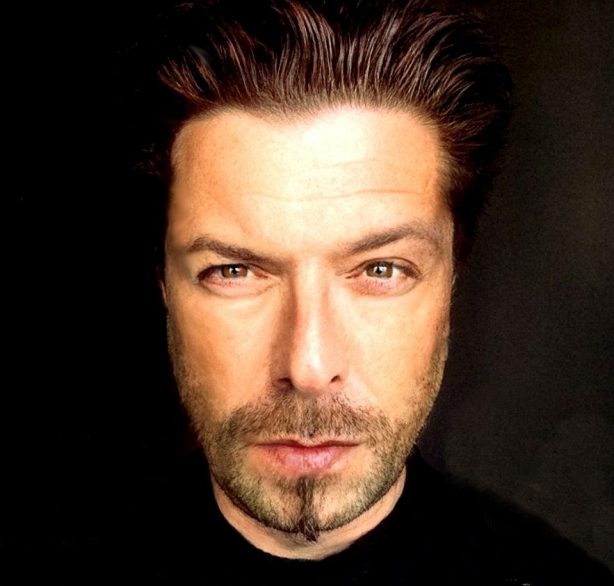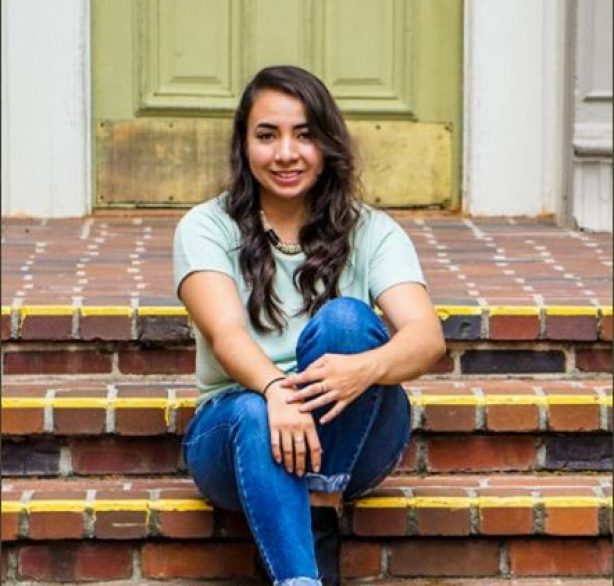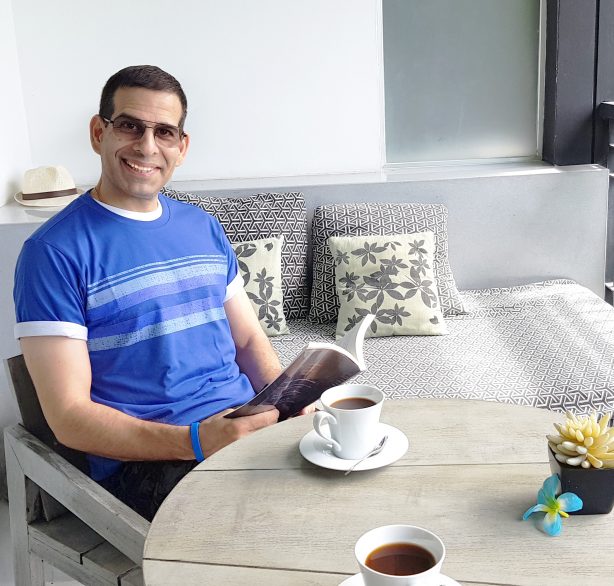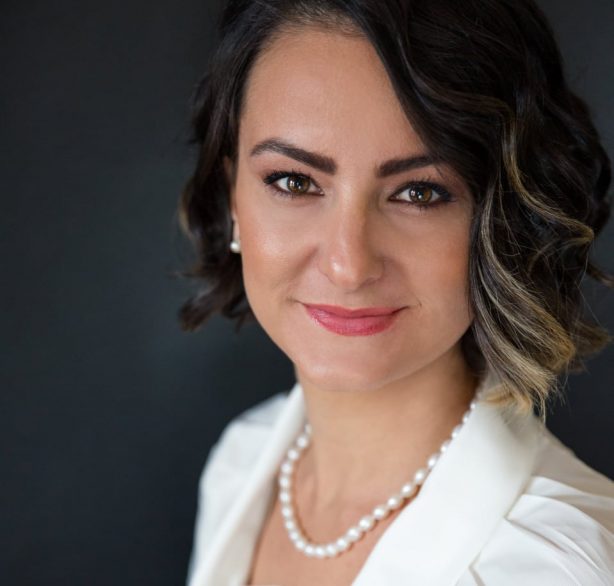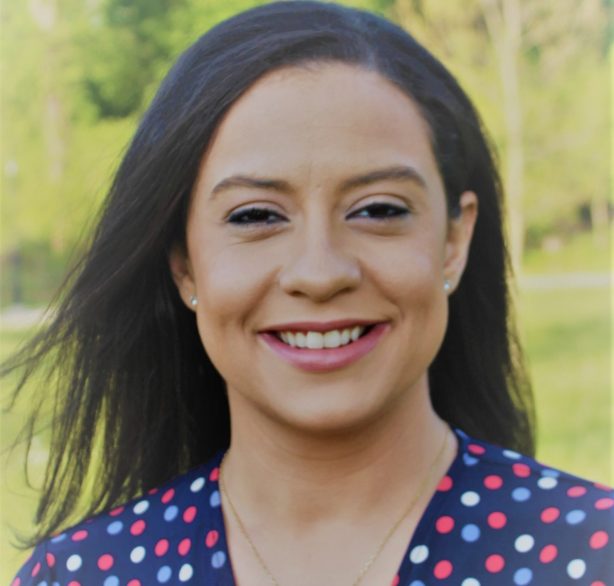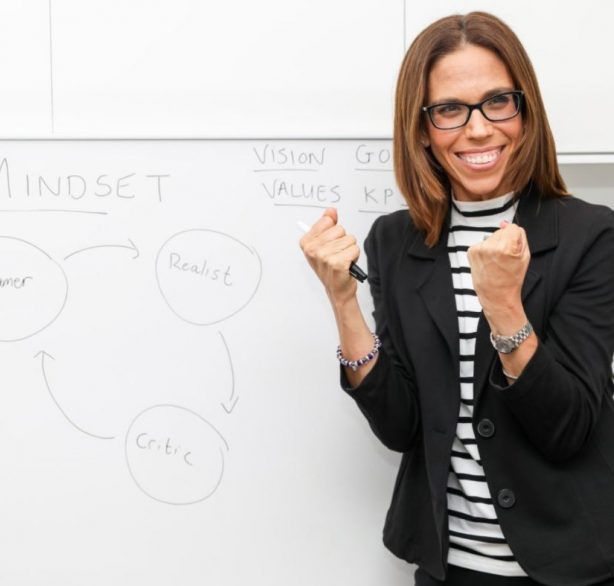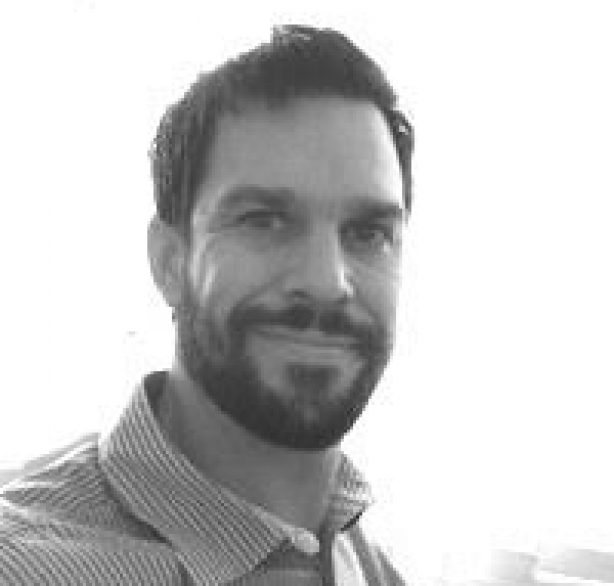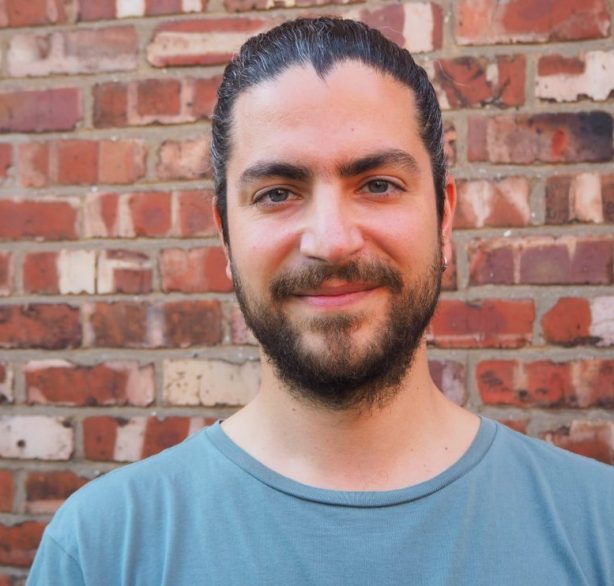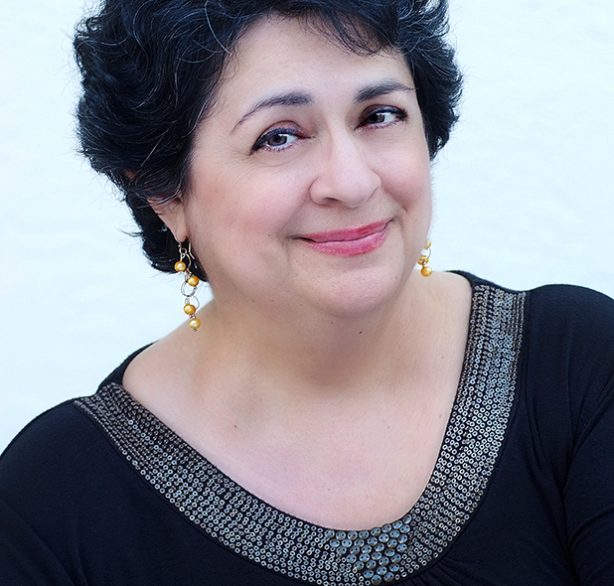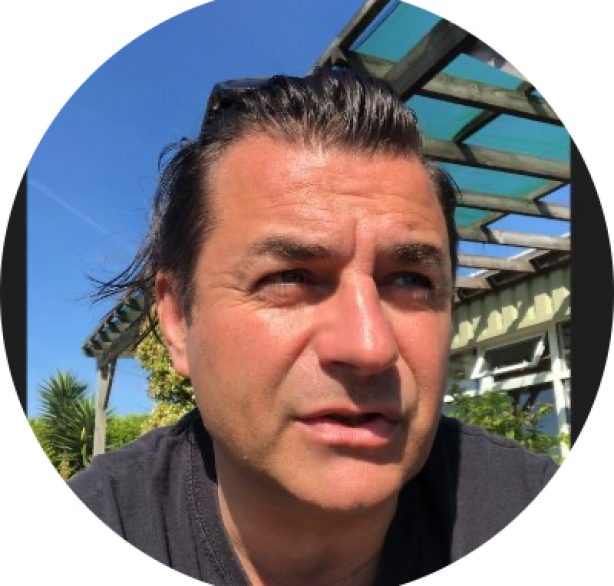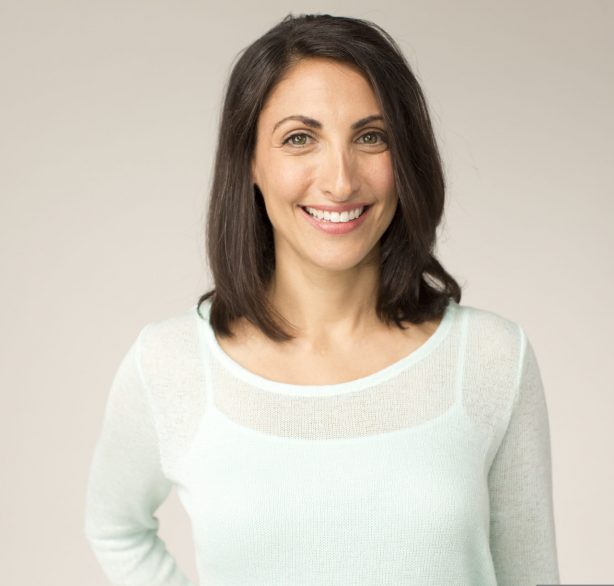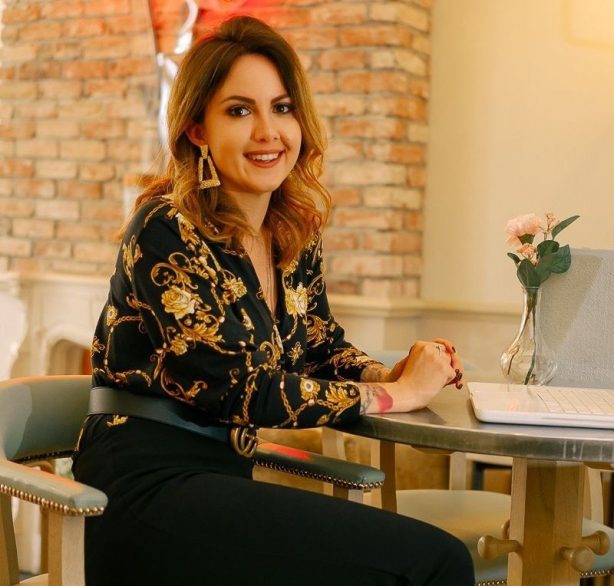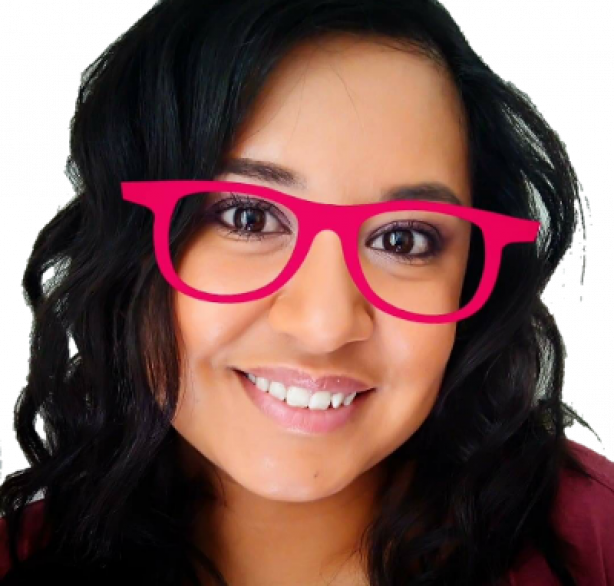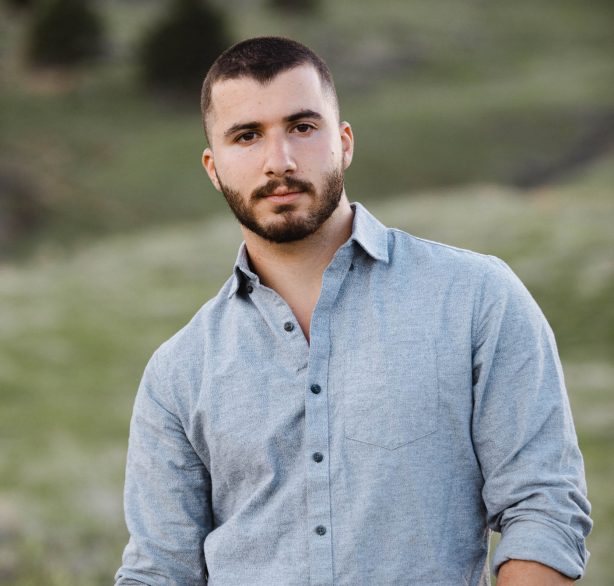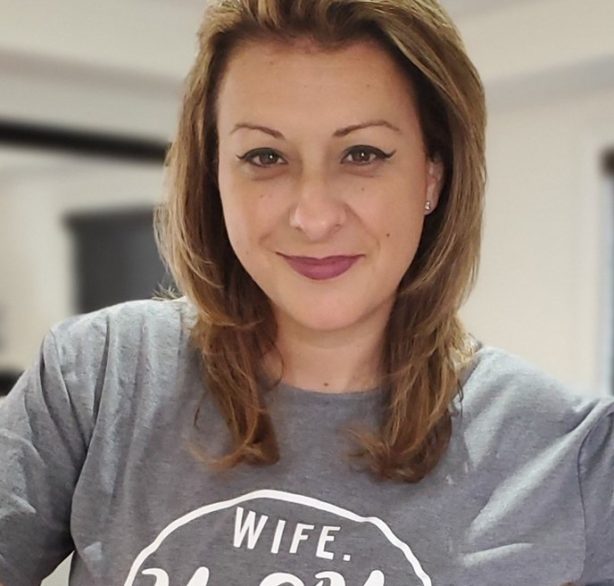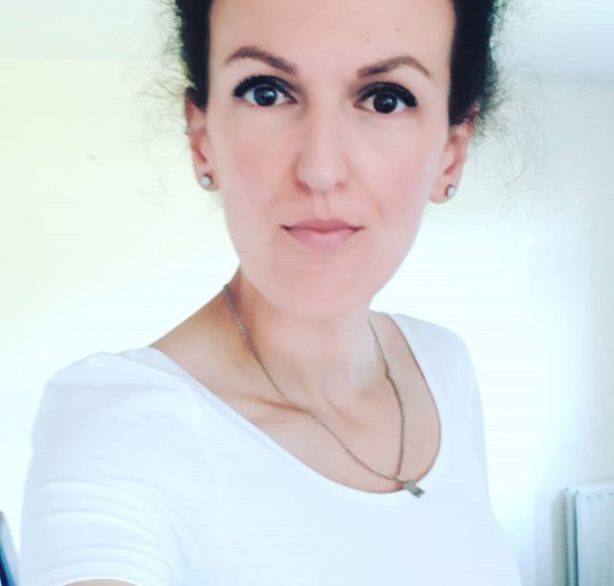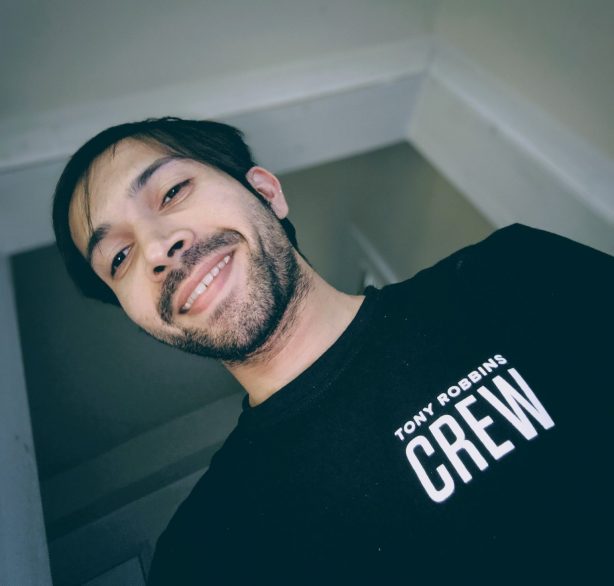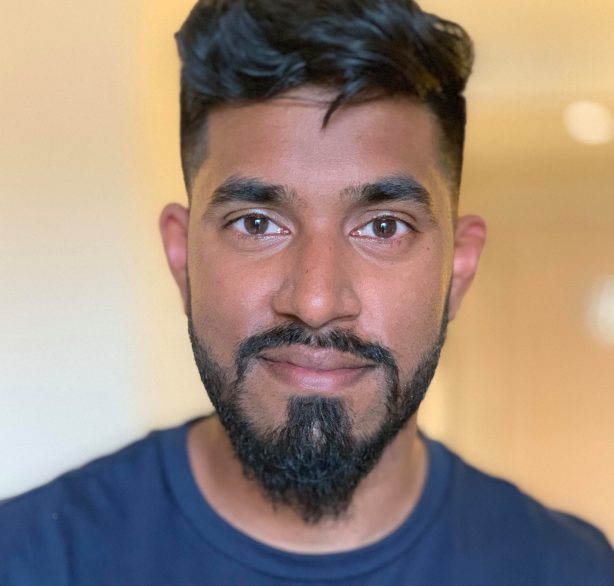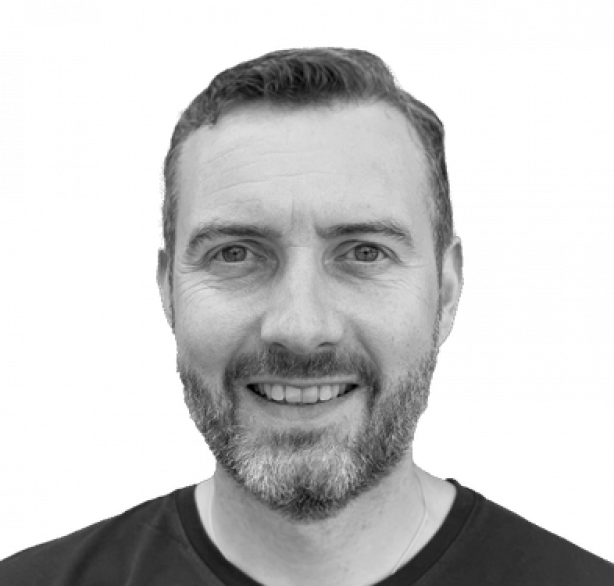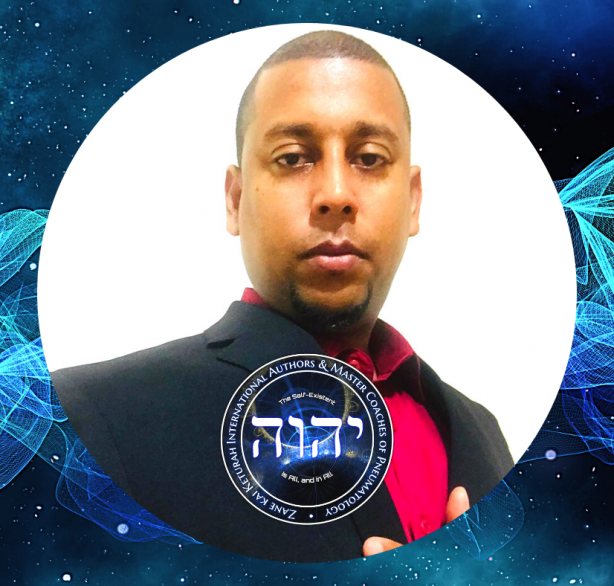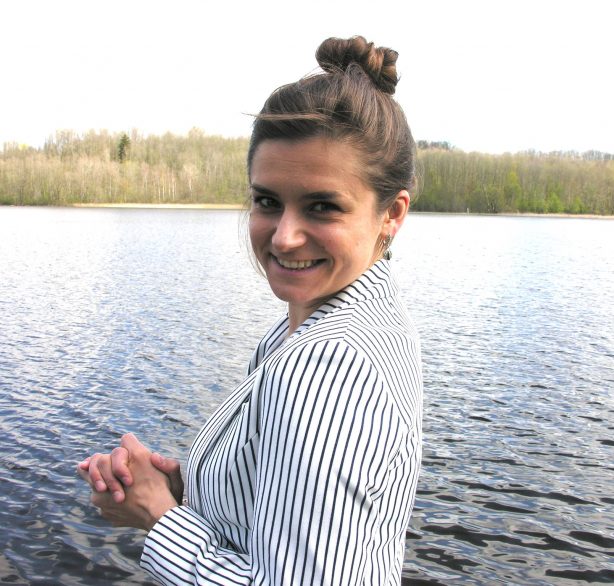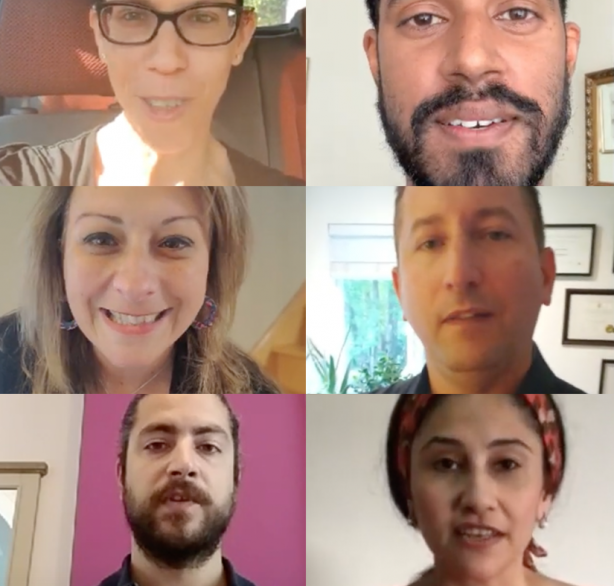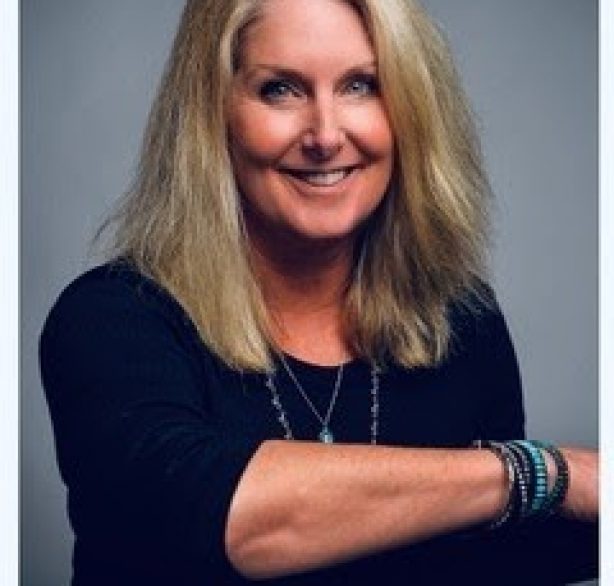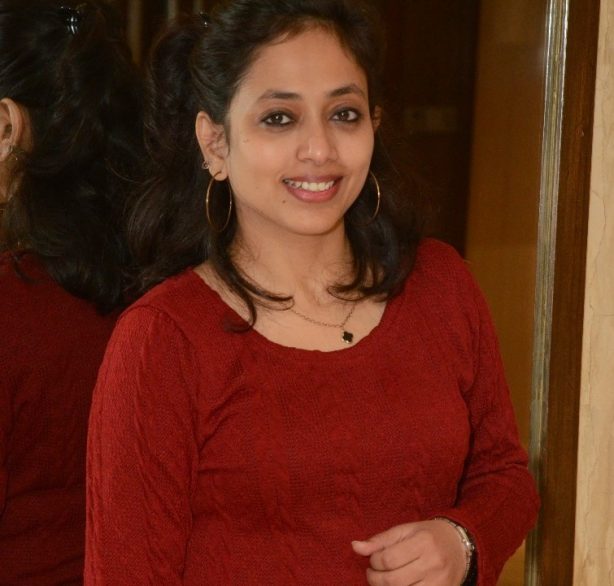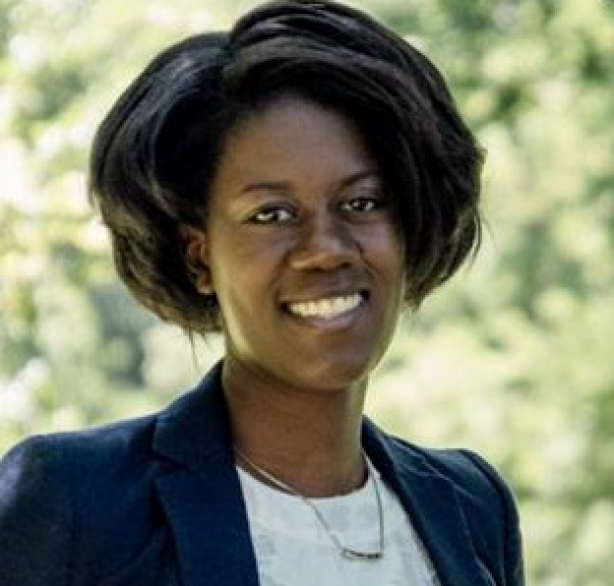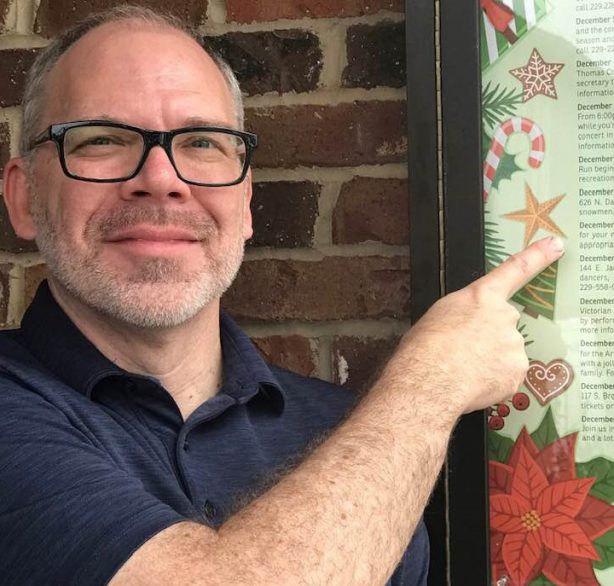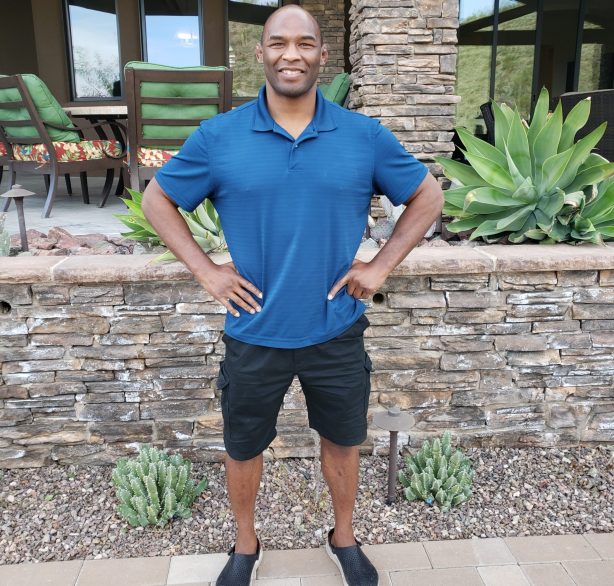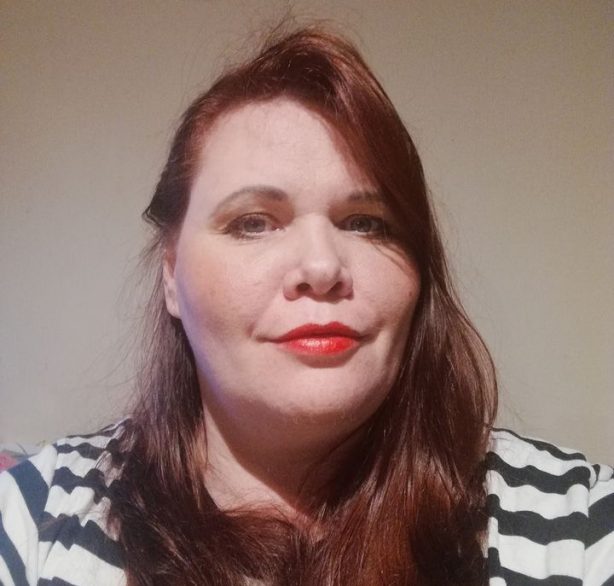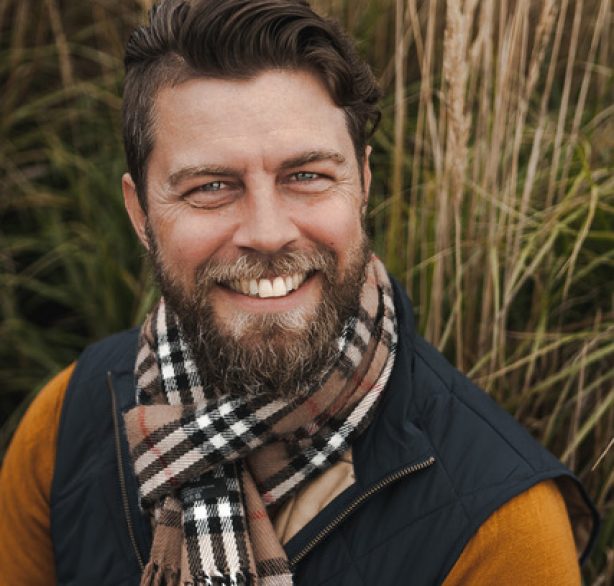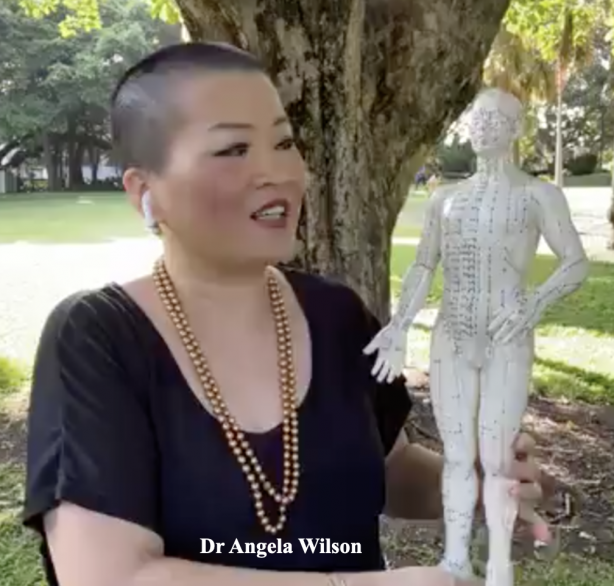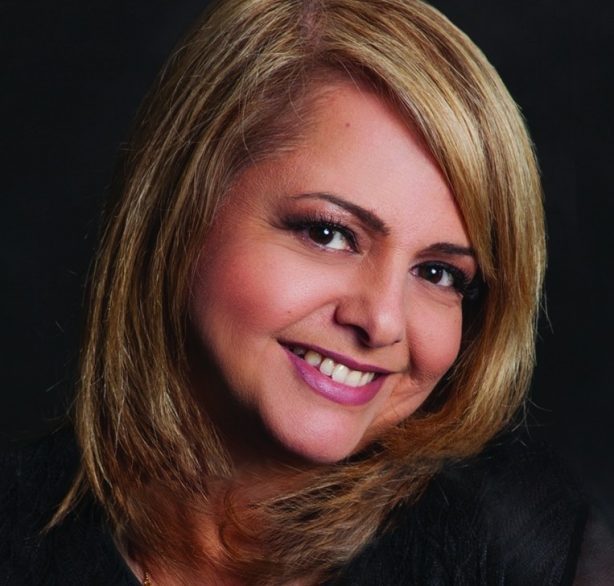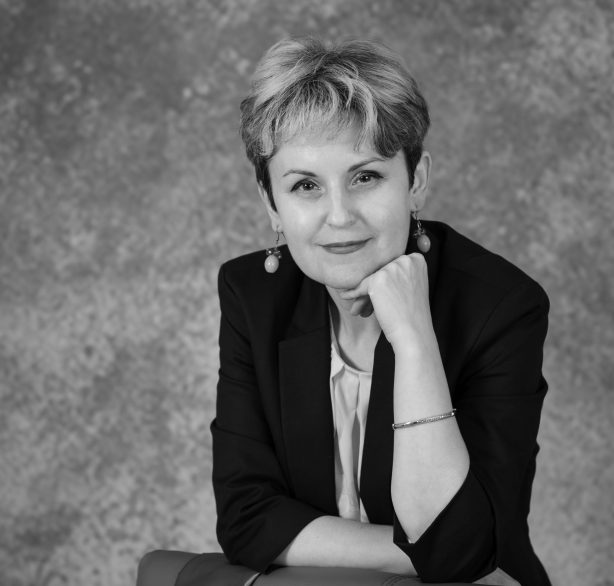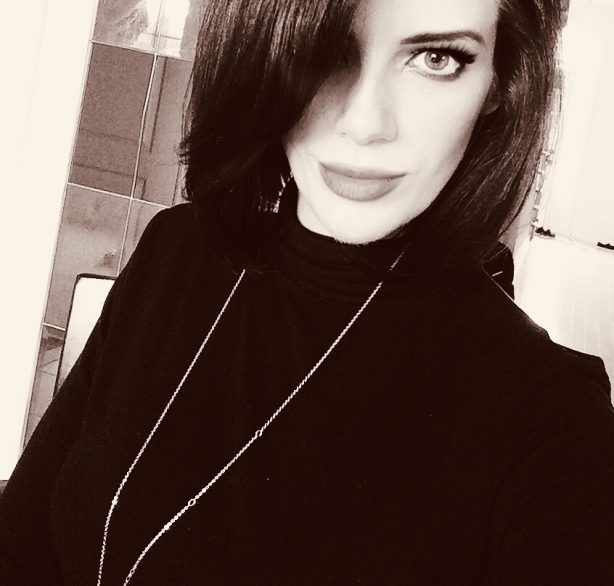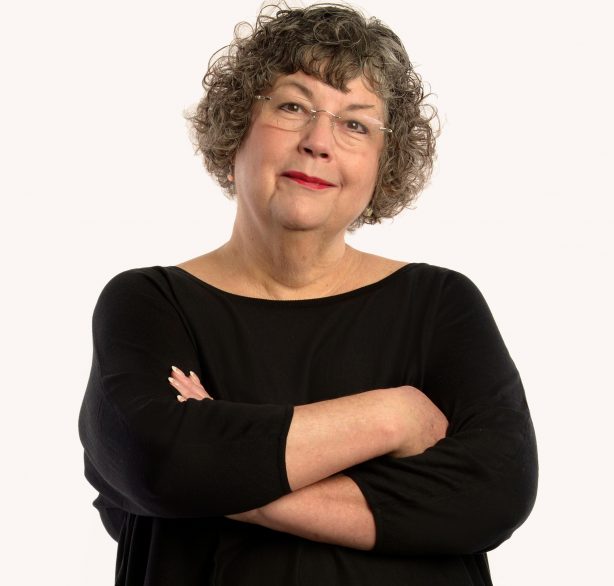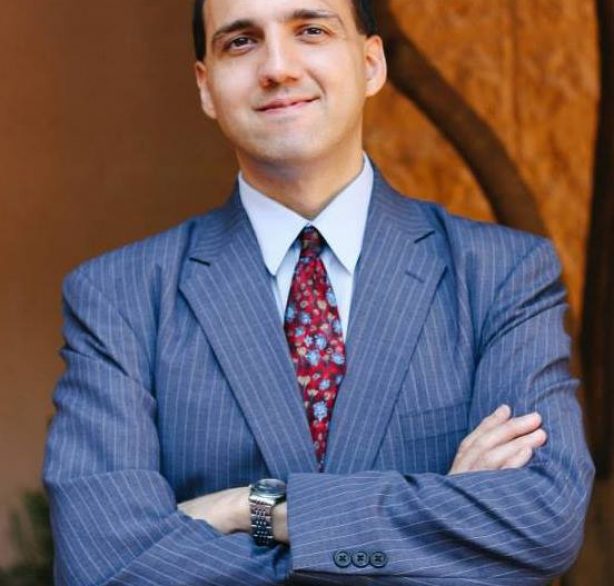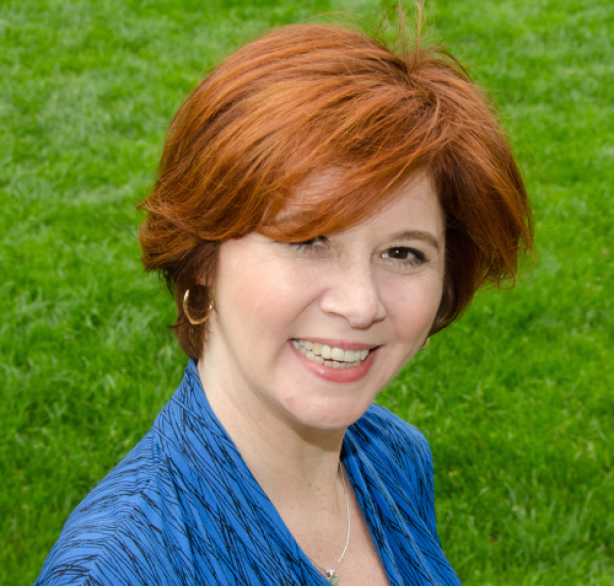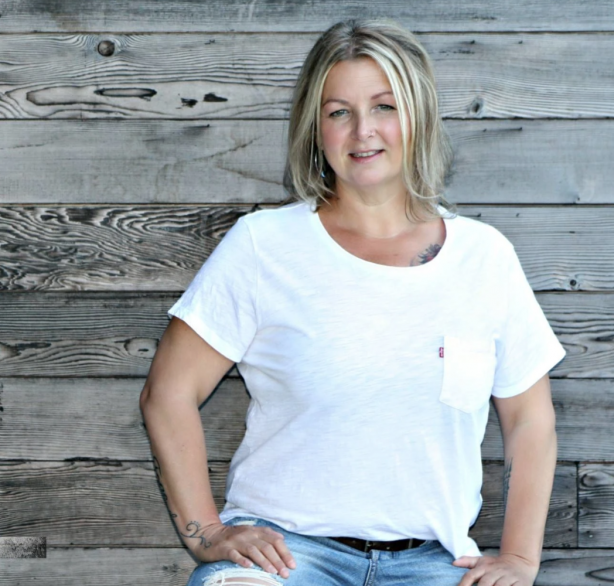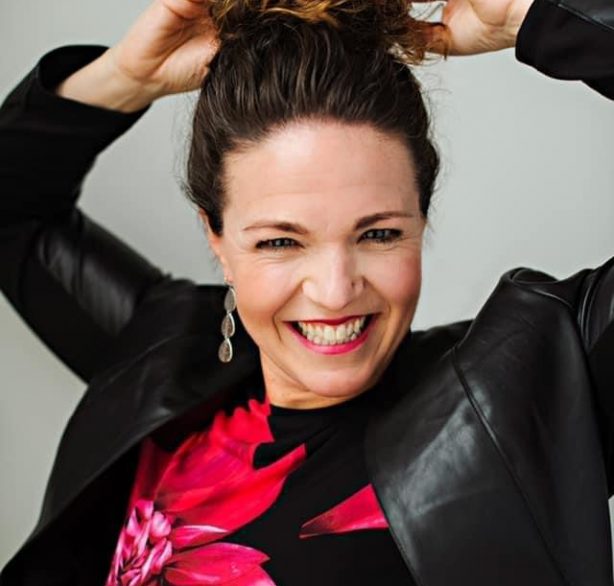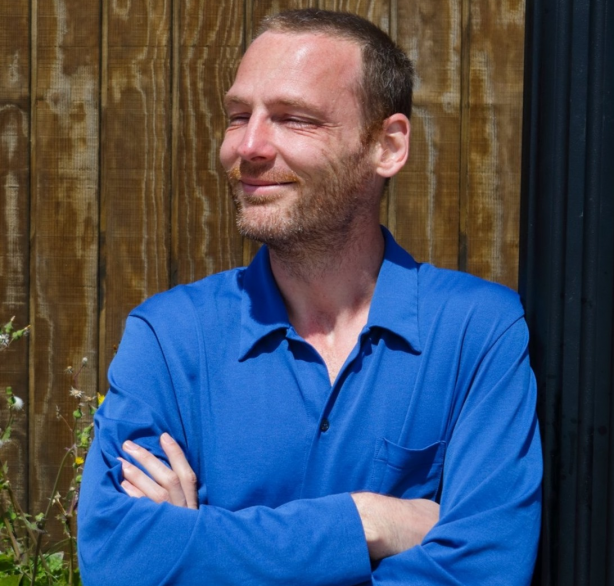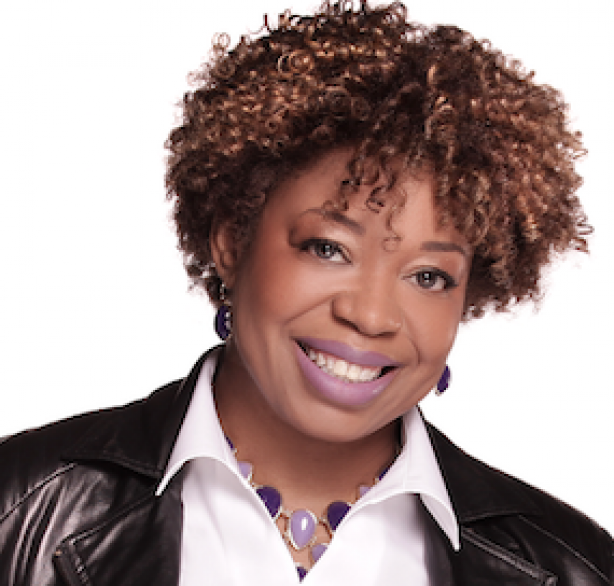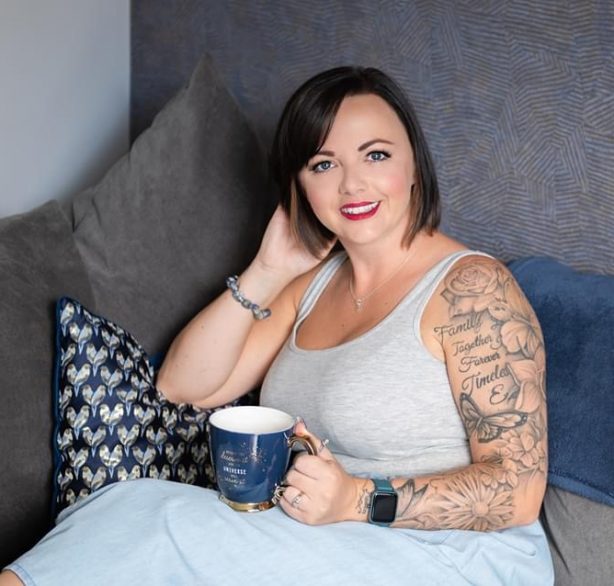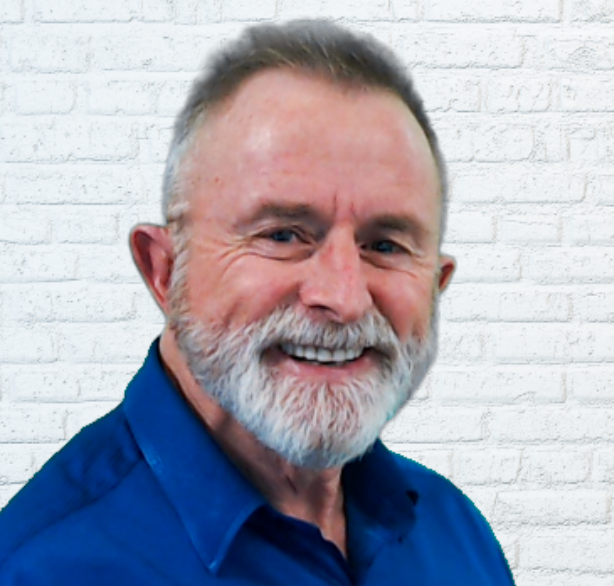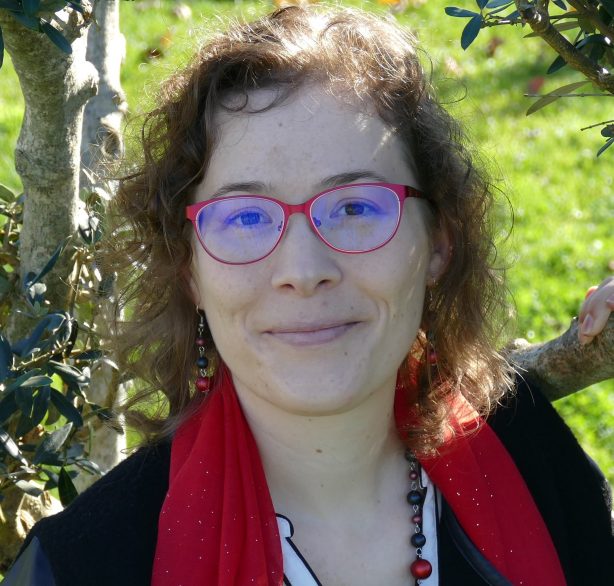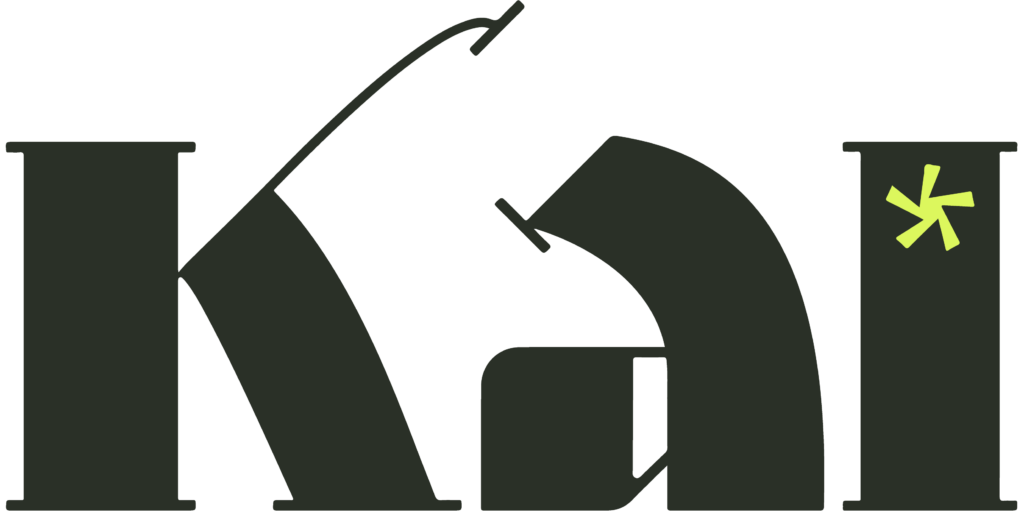Watch the full and inspiring interview with Emily
If you prefer reading, here is the transcribed interview
Ziv: Hey, Emily, I’m so happy to have you here in our interview and welcome.
Emily: Thank you for inviting me. I appreciate it.
Ziv: My pleasure. My pleasure. So let’s start with hearing from you about… tell us about yourself.
Emily: Ok, so hi, everyone, my name is Emily Rentas, I am a life coach and business consultant.
I am based in the United States here in New York and the Bronx, one of the five boroughs of New York City. I am born and raised in the Bronx. And I am from… my background, I am Dominican and Puerto Rican. I speak Spanish and I guess within my training, I’m a licensed mental health counselor here in New York. By training, I’ve been providing psychotherapy to individuals as young as four years old is as old as seventy two.
I’ve been part of nonprofit management projects overseeing a number of programs and training and development within New York City and across the United States and various projects within the nonprofit sector.
I started Paragon Solstice about two years ago in 2018. It’s a life coaching and business consulting company and it’s centered around really helping people move along transitions and transformative periods of their life, whether they’re going through something in life or they’re building their business and they’re really trying to bring their vision to creation. And during that transformation process, it’s very important to really work on the resiliency skills and really understanding who you are and what’s unique to you.
What we might work for one person may not work for another person. So it’s very important to help the person understand how they learn, how they respond, how they react, and really tailoring the best of the best approaches that’s going to help them be successful.
Another caveat to my approach is really thinking about how you’re moving along the spectrum of transformation while thinking about how you impact others around you.
I’m very into just really being part of the collective impact, understanding that we’re all part of this whole macrocosm. Sometimes people go along their lives and they’re the only ones who are going through what they’re going through. And the world may revolve around them.
But, you know, when you’re going through this stage, it’s important to think about as you’re transforming and you’re really thinking about where you want to be, thinking about how your actions and how your evolution is impacting your environment, how it’s impacting your community, how it’s impacting your relationships, your organization, your business or your employees, things like that.
So my approach is really just really helping people understand that they can evolve and change along that spectrum while still adding value to their environment. It’s very important. And I think that more than ever we recognize that in the last six months with this pandemic and it’s really helped it’s really helped people really get a different perspective as to how their behaviors and actions affect other people. So there’s also a lot of beautiful things that are coming out of this huge worldwide event and….
Forward in a much holistic collective approach and really think about one another and helping one another and understanding that we’re all in this together. after all, we’re all in this together and we are all part.
Ziv: Powerful. So we’re all in this together. Let’s talk about it a bit. Many times when people are in distress or struggling to know that there are others that go through the same thing gives us like a lot of relief that I’m not alone. There are others in the same place that I am. But on the other hand and many times when I feel really, really bad and someone tell me everyone goes through the same thing, it doesn’t help.
So how do you see the on one hand, the fact that we are all connected and how it can help the individual, how do the individual can help the collective and the times when I do need to feel unique and the feeling that everyone are in the same position here, in the same position, it doesn’t really help me. So. How do I get benefit? But on the other hand. I stay unique and not like I don’t diminish my special, difficult or challenging situation.
Emily: Well, I think it’s important to realize that, yes, things like this happen to everybody, but everybody approaches it differently and finds their unique way and how they can get relief and really understanding that the end goal is some type of relief, some type of resolvement of the issue.
How you get there is unique to your journey and how you respond to what your support systems are. Everybody has different resources. What’s available to one person may not be available to another person. So thinking creatively, how can although this person had the same exact experience and they they got to this place, these were the things that they did, what can you do similarly or what unique to your experience that works for you and adjusting that along the way and understanding that your experience is still different from other people’s experience?
Yes, other people are having similar experiences and similar reactions. But your personal experience is unique to you and your environment and an understanding that everybody has different tools and resources and also understanding that sometimes you can create these tools and resources and being creative and really thinking outside of the box and ideas and approaches that maybe you can consider. One of the things that I really encourage folks who are working with me is to before anything is understanding that having an open mind is very important to resolving a problem, right? Coming in there and saying
I'm going to be open to possibilities, I'm going to be open to something new that I didn't try before, because my goal is to try to solve this problem. Share on XSo initially, really understanding that you’re about to embark on something different that you’re not used to.
And it might feel uncomfortable, and it is because change is uncomfortable. Share on XThese are things that we’ve never experienced before. We’re going to have resistance where we’re going to have the friction. And if anything, those are the powerful points that happens is because those are the moments, the catalyst to to you moving forward. And that’s so without that moment, you’re not getting to where you want to be. You have to break through those those uncomfortabilities, because those are the blocks.
Those are the obstacles that have not let you get to where you want to be. So being open and saying. I’m going to try something new, I’m going to I’m going to do something that I’ve never done before. I’m going to listen. I’m going to keep an open perspective, but it’s not going to be fun sometimes. But I’m going to be open to the perspective, but understanding that my experience is unique and I have to figure out what works for me. But the goal is to solve this problem.
Ziv: So change is uncomfortable. And like you said, and it’s really simple to talk about it. Right. We can talk about how change is uncomfortable. And then tomorrow I have something to do that is outside of my comfort zone. And I tell myself, OK, it’s going to be uncomfortable because it’s outside of my comfort zone and they go the next day. And the moment it starts, it’s just terrible. And I run away because I can’t stand that horrible feeling of doing something that I don’t like or is frightening. So how do you stay in the uncomfortable?
Emily: Resourcing within the uncomfortable moment.
What can you do to reach out or to to manage the comfortability because that feeling is going to be there. So what can we do together that can help you sit with that feeling and manage that feeling along the way and check in along the way? What helps you? What has helped you in the past? Does this remind you of anything that you’ve overcome before and what was helpful then that you can apply now? And does it still work? Because even though we’ve done things before that have worked in the past, they may not work now.
So really thinking about what tools do I have available and how can I deploy it in such a way that I’m being held accountable? Am I moving along this? And you might take five steps forward and three steps back and being gentle with yourself in that process. I think that people put a lot of pressure on themselves to solve a problem immediately or they’re seeing other people maybe moving along a little faster in their journey.
And they create these standards around what they’re supposed to be doing and understanding what standards you’ve created for yourself will let you know when you have those moments of resistance, it’s matched up with those standards that you created for yourself. What is this supposed to look like? Did you how did you think that, you know, awakening or transformation was going to be all nice and bubbly and nice and it’s not.
I think that understanding how you’re also comparing yourself and thinking how it’s supposed to look like that’s not really the case when you’re in it and being gentle and saying you’re a human. We are all having a human experience and we’re constantly evolving until we’re no longer here. We’re we’re going to be constantly evolving and in some way. The more that you can understand that you have to adjust along the way, that that can help somebody to really see that they can get to where they need to. But there’s just adjustments that need to happen.
Ziv: So in a way that maybe we need to set expectations with ourselves during our journey.
Emily: Yes, expectations, I think expectations that we make for ourselves, expectations that our friends and family put on us in our businesses and our organizations and our communities, cultural expectations, religious expectations, just social roles and things like that. There are so many different layers to who we are that we don’t realize how we got like all these layers are part of what we’ve been kind of creating for ourselves and all those messages that we’re hearing as we’re growing up and we’re going through these turbulent times, we’re internalizing those messages, whether you’re conscious or not about it.
And that’s always the difference when it comes to therapy and coaching and understanding the past and stuff. And coaching is really understanding. OK, you’ve been dealing with this problem for a certain amount of time. What actionable steps can we do to get to where you need to? This is your goal. What’s the plan? How can I hold you accountable? How can we work collaboratively in a way that gets you to where you need to, but you’re not focusing too much on the past. And that’s always the difference that people need to understand when it comes to therapy and coaching. And I talk a lot about my experience as a therapist, but at the same time, I’m not treating you as a client, as a therapy client.
I’m treating you as a coaching client. And if anything, my therapy experience allows me to understand when somebody may not be appropriate for coaching, that maybe they need something more intensive like therapy. But with coaching, it’s much more short term, it’s much more solution focused. We’re really breaking the steps down in a way that really gets you to where you want to be. But understanding, again, your unique experience, all these expectations that are layered in who you are understanding that you’re carrying those expectations. And when you have those moments of frictions, you’re pulling from those you’re pulling from those expectations so that it’s not supposed to. Why am I feeling this way?
And then when you have those are the breakthroughs. Those are the moments that you say to yourself, I didn’t realize that what it was because I hold this regard to myself in such a way that when I make a mistake, I beat myself up, you know, and and those are the moments that I really enjoy seeing people go through that because they’re really moving past those blocks that are happening in the way.
Ziv: Wonderful. So we have blocks on the way that sometimes they put us back and we’re on a journey and there are a lot of expectations and everything sounds really challenging and we want to go through it. So if you can give us a few practical, simple day to day things that each of us can do to progress in this journey? Of course, we can go to a coach or to a therapist to get help, but what can we do in the day to day, like in the Do-It-Yourself Method, too, so we can start the journey?
Emily: That’s a great question, because it’s great to always go to a coach, go to a therapist, look for these resources.
But a lot of the work is the work that we're doing by ourselves when nobody's around. Share on XAll of the things that know, all the messy stuff that nobody sees behind the scenes and things day to day, because I was just thinking about this during this week. I was thinking about this and my business. Sometimes it’s a lonely journey in the way that you know what you’re experiencing. People around you may know or and even your coach may sympathize with it, but you’re the one who’s going through it. Right. And being honest with yourself and saying, how am I utilizing my time? What does my day look like? Who am I speaking to? What am I engaging my time with? What am I giving my energy to? What am I consuming food wise, news wise, books?
What are the common factors and all the things that I’m doing that I’m engaging in having that self reflection and assessment and saying this is what my life currently looks like before you start doing anything right. This is what my life looks like. This is who I engage with. This is who makes me happy. This is who doesn’t make me happy. These are the activities that don’t bring me joy, because that will let you know honestly the things that you may need to cut out or increase or or to be more mindful of, because in this process, it’s a lot of mindfulness.
And that’s why more people are talking about mindfulness, because we’re not connecting to being in the moment and say, what am I doing right now? What am I listening to right now? What am I eating my eating quickly and not chewing my food? A lot of it is taking a step back and say, what? What am I doing? How would I like my day to go through and really organizing yourself?
I really encourage a lot of people to use planners, use journaling books. I have journals all over the place, different things. If something comes up, I’ll write it down and then I’ll have main ones that I’m using on that I’m working with. But organizing yourself, this is a process and you can’t do it on the fly. You can’t just wake up one day and say, I’m just going to… t that’s not how working towards a goal or progress looks like. It’s intentionality waking up and saying, I’m going to get up, I’m going to have a meal, I’m going to do this. Let me take care of this so that I can focus on this. Let me not be scrolling on Facebook for hours because I’m going to read this book or finally get to whatever it is that I need to do.
There’s a lot of intentionality that a lot of people struggle with, and that’s part of the mindfulness of just being. Let’s just focus on one task. What are you doing right now? And just really, those are the moments of self accountability. And like what you mentioned with Kai, these are the things that that that can help you kind of power your day. And you can have these moments where you can hold yourself accountable, because a lot of the work, despite if you hired the best coach in the world it’s yourself who’s doing the work.
And if you’re not getting you know yourself when you’re doing the work and when you’re not even if you tell your coach or therapist I do this or I did that, and you’re like no you didn’t you were binging on Netflix last night, you’re in you’re the only one who knows exactly how you’re moving along this trajectory. So being honest with yourself, taking a self assessment, really thinking about what you’re consuming, food wise, substance wise, if there’s something that you need more additional professional help, reach out to a substance use counselor, whatever it is that you need to do to really have a full clear picture of this is how my life looks like on a day to day. How can I organize myself? And then as you start doing that, it starts coming to you.
Ziv: Emily I can really relate to all of those things I can really relate to awareness and being aware.
I have to aware to to the time our interview is almost finished. And I think it’s like it’s really important and insightful the way that you see things and without being aware of what we do then this. There’s no road, and so, I mean, thank you so much for sharing your knowledge and experience and be aware and with us in this interview. Thank you very much.
Emily: Thank you so much. Thank you. And thank you, everyone, for watching.
Who are you?
Emily Rentas is a licensed mental health counselor, life coach and business consultant based in New York and the owner and founder of Paragon Solstice.
As an experienced change agent with a demonstrated history of working within professional training, mental health, and coaching industry in various settings throughout the United States, Emily has demonstrated success in the non-profit sector and is skilled in operations, project and process implementation, mind mapping, strategic planning, risk management, marketing and business development.
Emily brings a wealth of knowledge and expertise in transformation and mindset development together with a passion for leadership development and mindfulness into her coaching style. With this approach Emily aims at helping individuals, businesses, and organizations to create solutions that will unlock their unique potential.
Emily launched Paragon Solstice to help optimize the lives, businesses, and organizations of those embarking on new journeys and transitions through their collective impact. Through big picture thinking and approaches, Paragon Solstice helps you connect the dots and roads whether it be a life goal, business dream, or organizational restructuring.
Utilizing results-oriented techniques, Paragon Solstice helps you create the keys necessary to open doors and bring your vision or goal into creation.
Discover more about Emily on her website, Facebook, LinkedIn, Instagram or Pinterest.
